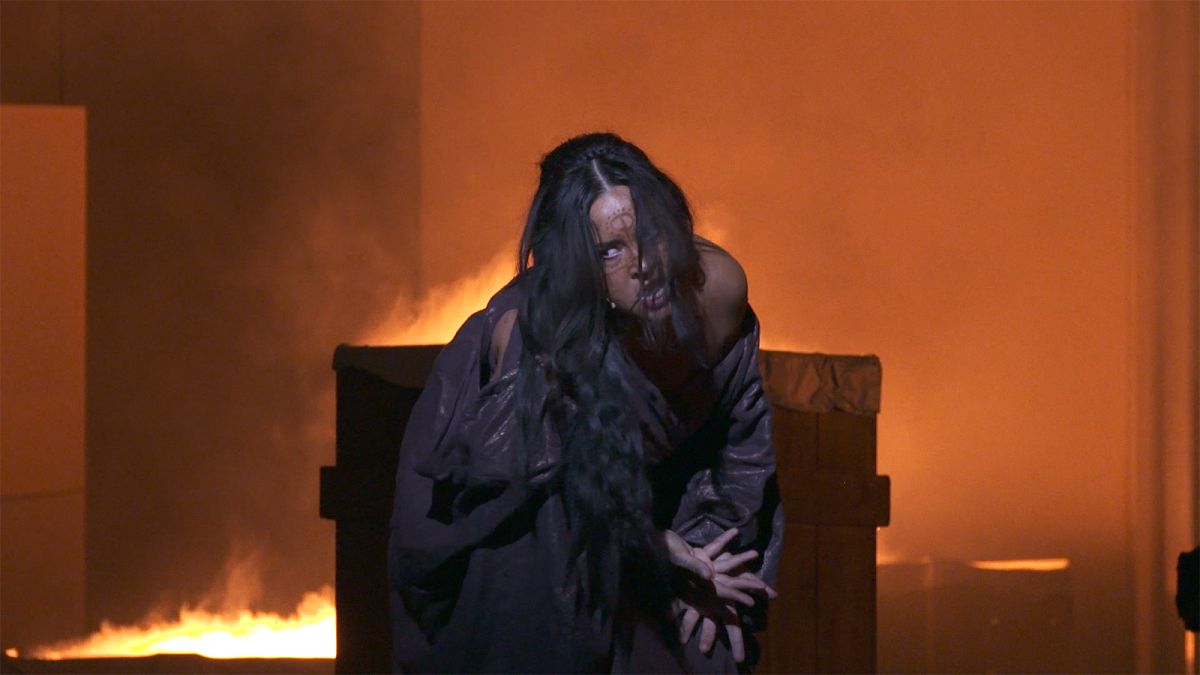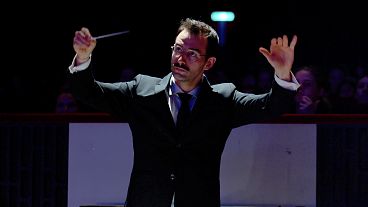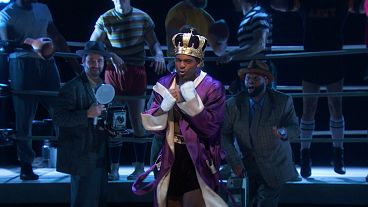The Bulgarian soprano has played a panoply of strong women in her operas. She tells "Musica" what she likes so much about them.
Her electrifying portrayals of iconic roles have received tremendous acclaim around the world. This past year has been particularly intense for Sonya Yoncheva. The Bulgarian soprano took on no less than five new heroines, including Tosca and Luisa Miller. Medea is the 50th role she has taken on. Time to reflect.
"For me it was mostly a question of really visiting these characters and taking on the challenge of singing them and adopting them to my life, to my body, to everything I am today.
And I can say that yes, sometimes if I think about all this past year it feels like I grew up, I changed. I am another person. I like it. Every personality of all these women gave me a little bit of themselves.
It makes me grow as a person, it makes me understand even more human beings and the nature of women. I think it's important. Every woman in the world has all those colours. We can be everything," she says.
Soprano Elsa Dreisig, who won Operalia six years after Sonya Yoncheva, is a great admirer of her colleague.
"I'm completely fascinated by her and I think Sonya is a singer without comparison. I'm very touched by her voice. And I also told her that yesterday: I'm impressed by her sang-froid. She just goes for it and also the way she deals with her singing, her physical presence and her energy. When I'm on stage with her I'm observing her intensively."
Yoncheva observes that not everything is in the libretto.
"You know for me it's very, very important every time I open a score to understand that I can somehow show my personality in this music, in this writing not only in vocal terms but also as an actress and I always read in between the lines. I'm always seeking for this work, to provoke ourselves, to provoke the audience into thinking differently about certain scores," she concludes.



